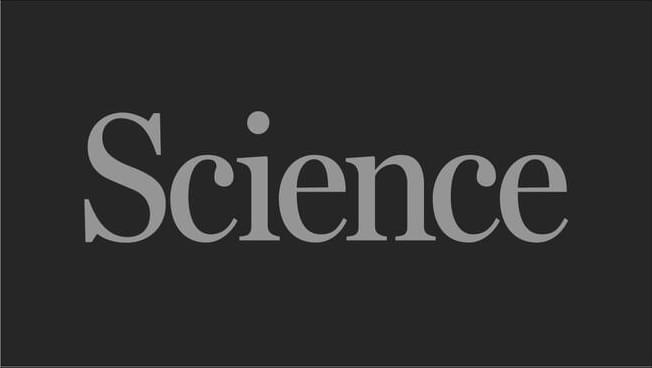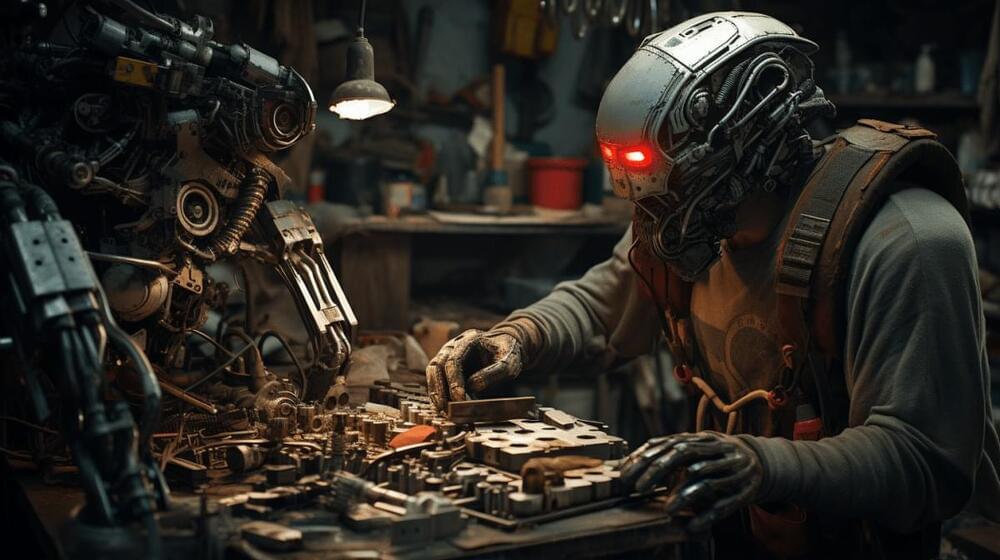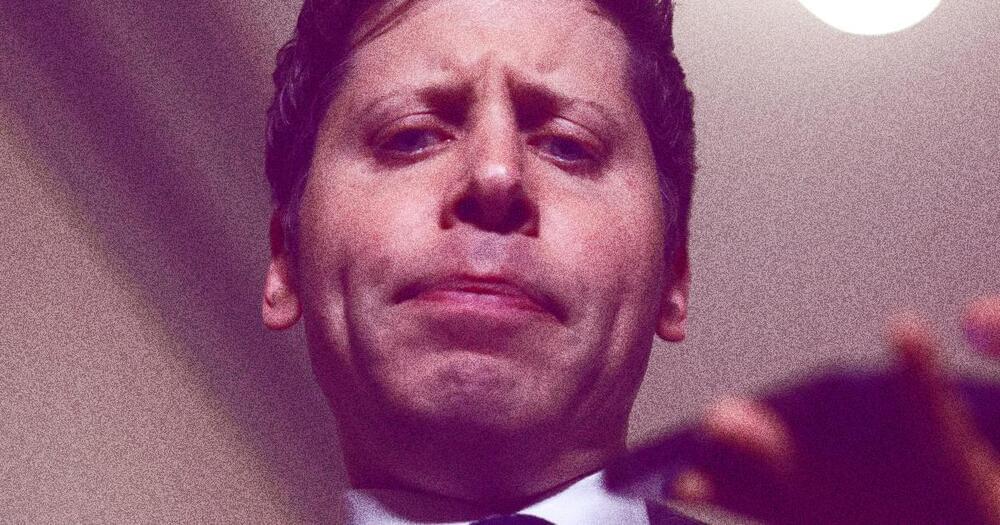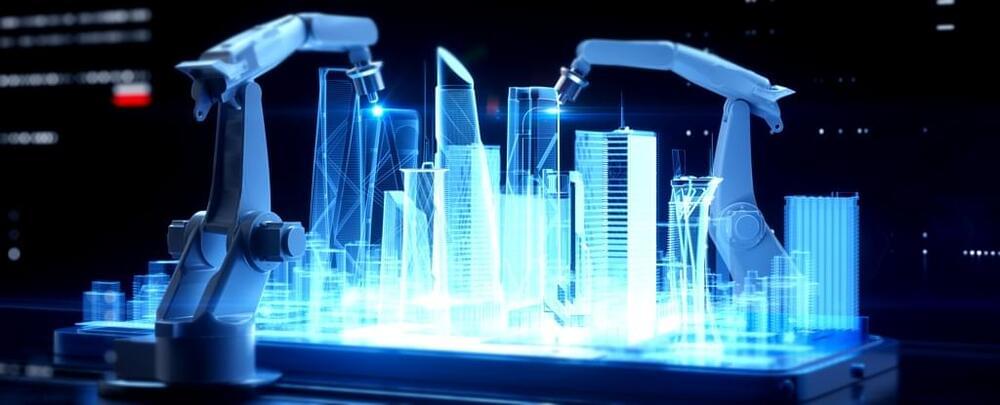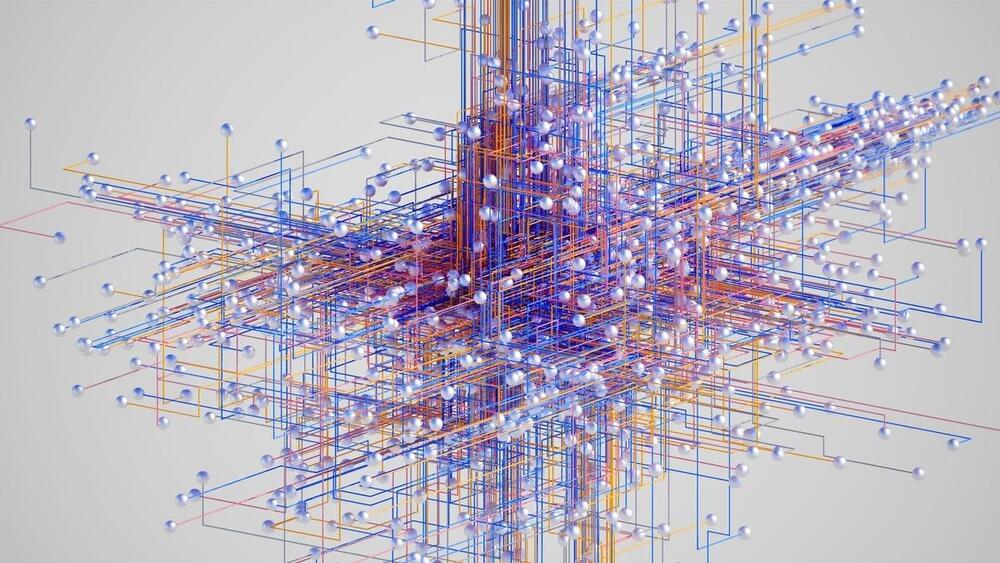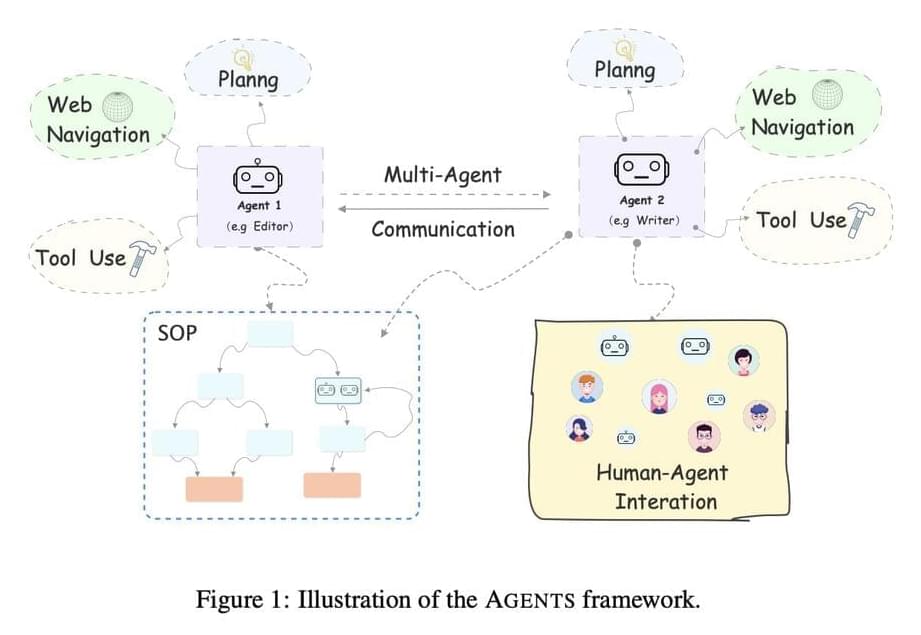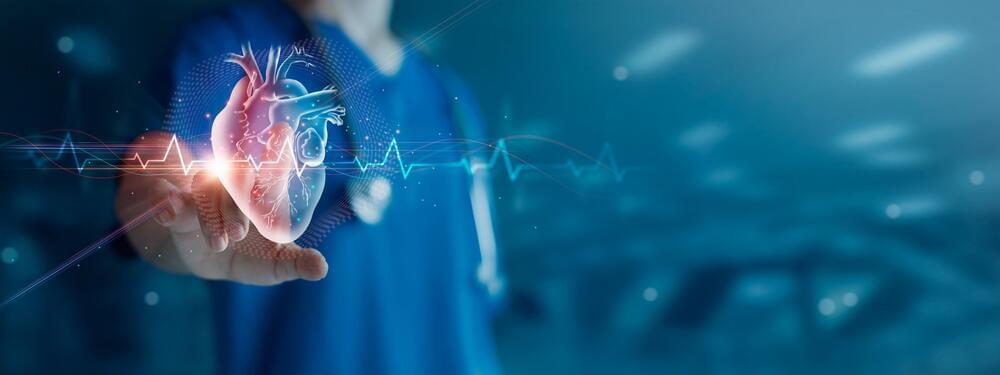In recent years, there has been a growing trend in higher education to incorporate modern technologies and practices in order to improve the overall educational experience. Learning management systems, gamification, video assisted learning, virtual and augmented reality, are some examples of how technology has improved student engagement and education planning. Let’s talk about AI in education. The classroom response system allowed students to answer multiple-choice questions and engage in real-time discussions instantly.
Despite the many benefits that technology has brought to education, there are also concerns about its impact on higher education institutions. With the rise of online education and the growing availability of educational resources on the internet, many traditional universities and colleges are worried about the future of their institutions. As a result, many higher education institutions need help to keep pace with the rapid technological changes and are looking for ways to adapt and stay relevant in the digital age.
By now, you’ve probably heard about ChatGPT, the AI chatbot developed by OpenAI, that has been taking social media by storm. But what exactly is ChatGPT, and why is everyone talking about it? We asked it directly, and here is a comprehensible answer for non-tech people:
